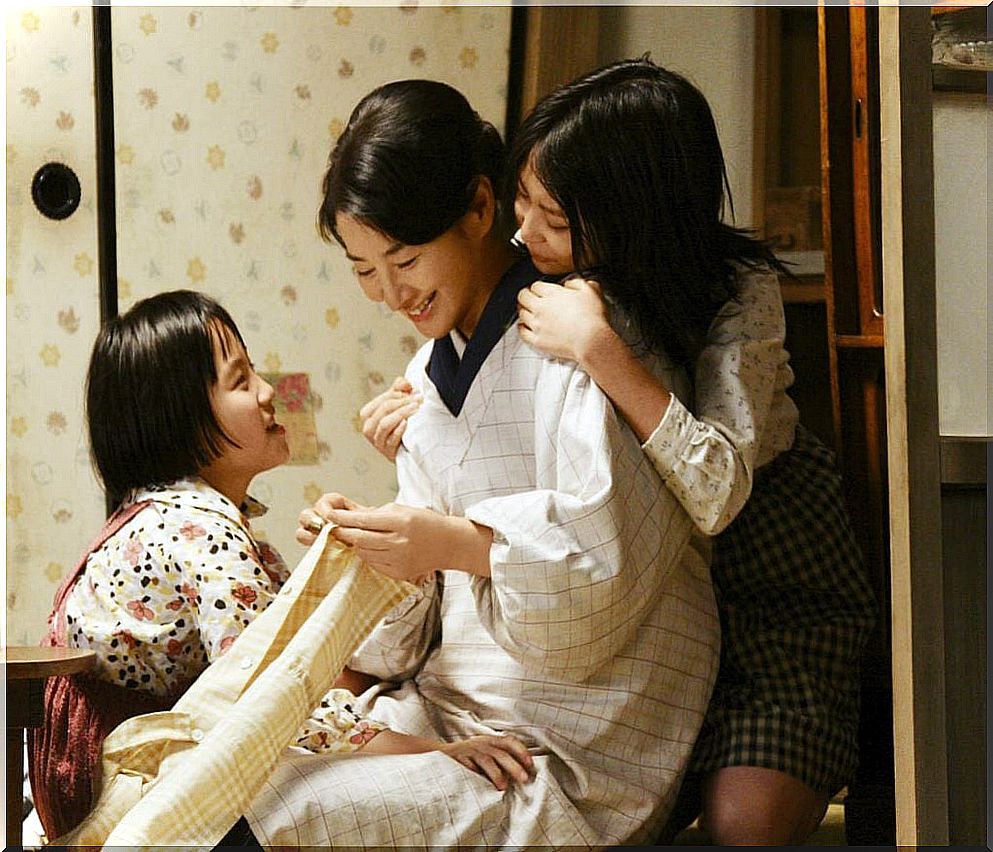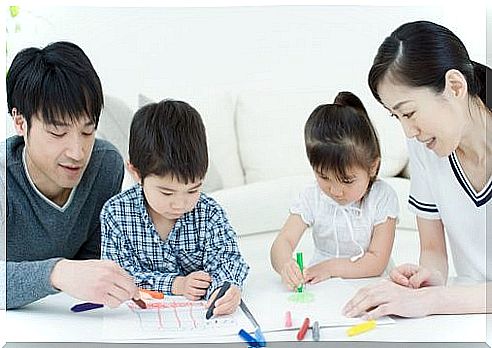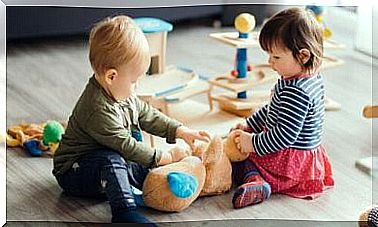Japanese Parenting Techniques And Culture

In this article we are going to talk about Japanese parenting techniques. When it comes to raising children, they make a comparison between caring for children and caring for plants. Both require nutrition and training and must be pruned to grow properly.
The development of specific skills of children depends on the importance their culture attaches to them.
In Japan, empathy and not expressing emotions are highly valued. Therefore, children are expected to develop these habits at an early age.
In this article we will look at a number of characteristics of a Japanese upbringing, among other things.
Education aimed at children
Japanese parenting techniques are basically based on the child being dependent on the mother.
From the moment they are born, mothers form an intimate bond with their babies and continue to strengthen the connection throughout their childhood.
Japanese parents manage their children’s duties and responsibilities (dressing, showering, setting the table, etc.). Even until they are teenagers. This is described in the article “ Early Childhood Discipline, A Multicultural View of Childhood Education” published by The Kansas Association for Infant & Early Childhood Mental Health.
If one wants to raise children in Japan with social and moral values, they choose this extreme connection. They are less likely to opt for example, negotiation and disciplinary action.
It is tradition in Japan to rely on the intimate bond they have developed with their children. To persuade and force them to behave, rather than using punishment or other methods.
The role of Japanese mothers
Japanese mothers have a say in the education, hobbies, and even career choices their children make and pursue.
As a result of this parenting strategy, Japanese children learn to carefully obey and depend on guidance and direction from their parents.
The mother’s job is to be very careful and selective when making decisions for her children. She decides where to go, what to eat and what activities to participate in.
Things like hiring a nanny, a night out without a baby, or a weekend away just for mom and dad are rare. These are frowned upon in Japanese culture.
Teaching the importance of compassion is one of the Japanese parenting techniques
Thinking about how your actions affect others is crucial. One of the most valuable things in Japan is group harmony. Because of this, compassion is central to Japanese culture and thus central to Japanese upbringing.
While Western parents often demand cooperation from their children (for example, through verbal commands and punishments), Japanese mothers are known for constantly teaching their children how their actions affect the feelings of others, or even the feelings of animals and objects.
From an early age, Japanese children learn the importance of considering others before doing anything.
Discipline for children in Japan: parents pass their norms on to their children

Parents keep their children under close supervision and give directions. In this way they guide them to learn routines and behavioral patterns.
Obedience and cooperation go hand in hand
In Japan, children participate in small groups (sports, cultural, school clubs or other groups). The emphasis is on the importance of cooperation and harmony.








